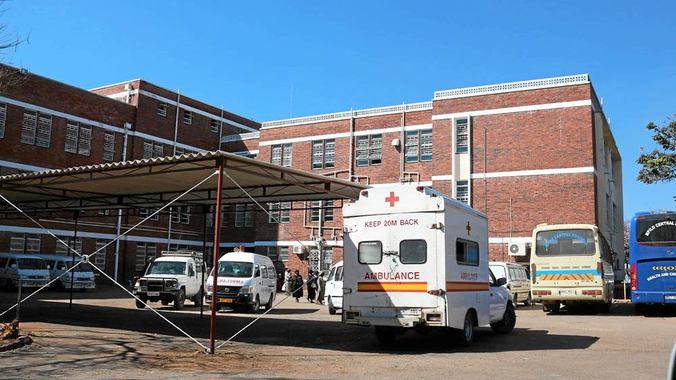
MPILO Central Hospital now has an HIV laboratory in a development that will see thousands of people in Matabeleland region getting their specimen results within two weeks instead of six months in the past.
BY MTHANDAZO NYONI
The lab was built at a cost of $195 000 through a joint venture between Australian Aid and World Vision.

Officially commissioning the lab, Health and Child Care minister David Parirenyatwa said in a speech read on his behalf that the facility, the second of its kind in Zimbabwe, would process specimens from the region emanating from infants at six weeks born to HIV-positive parents or exposed HIV environments.
“Before this lab was established, any specimen were sent to Harare and it would take almost half a year to get the results,” Parirenyatwa said.
“This had a negative impact on health service delivery as it delayed proper medical diagnosis, medical interventions and proper patient care. This sometimes resulted in some unnecessary prolonged hospitalisation and other HIV-related complications.”
He added: “The lab’s introduction will effect a turnaround time of two weeks. This will greatly improve patient care and management and ensure no child dies unnecessarily from the causes that may be managed.”
- Chamisa under fire over US$120K donation
- Mavhunga puts DeMbare into Chibuku quarterfinals
- Pension funds bet on Cabora Bassa oilfields
- Councils defy govt fire tender directive
Keep Reading
Director of laboratory services in the Ministry of Health and Child Care, Douglas Mangwanya, said World Vision had realised the need to open a laboratory when the organisation was visiting Gwanda, Matobo and Umzingwane, which had been identified for an integrated health and livelihoods programme.
World Vision national director Edward Brown said the laboratory would ensure that the people in need would have access to facilities, allowing them to know their status and enable them to have informed decisions about their life.
He noted that in Matabeleland, most men and young people had migrated to work in neighbouring Botswana and South Africa, while women were left with their in-laws to look after the children.
“This migration has been observed to leading to high risk behaviour increasing HIV transmission,” Brown said.
The Early Infant Diagnosis (EID) lab caters for Matabeleland North, Matabeleland South and Bulawayo.
It was refurbished through the $3,9 million Matabeleland South Integrated Health and Livelihood Programme which seeks to improve the health of 80 000 direct beneficiaries through improved maternal, new-born and child health (MNCH) practices.
The lab was funded to the tune of about $195 000 and is equipped with a standby generator, special laboratory equipment, IT equipment and is run by highly competent and professional staff.










